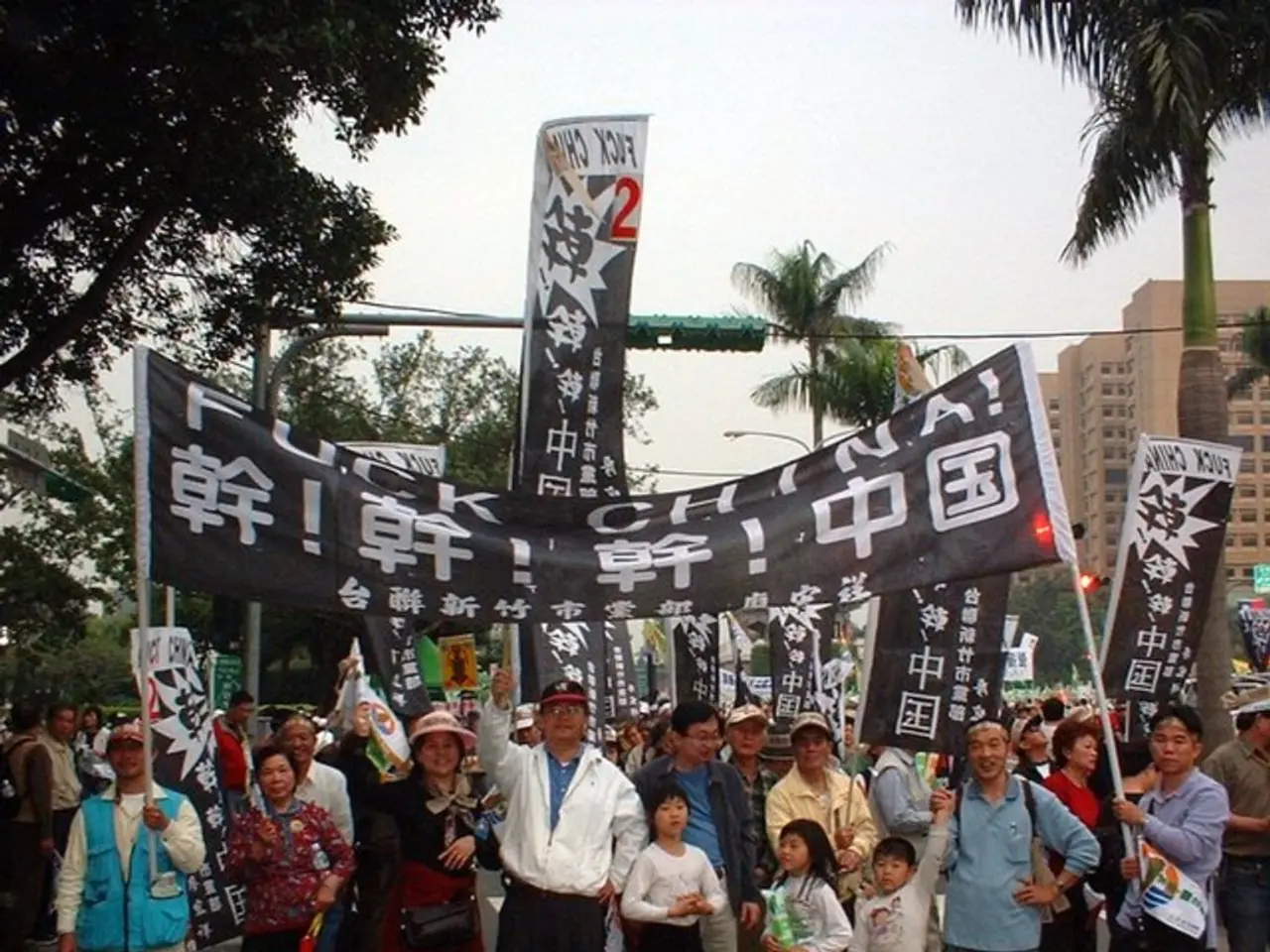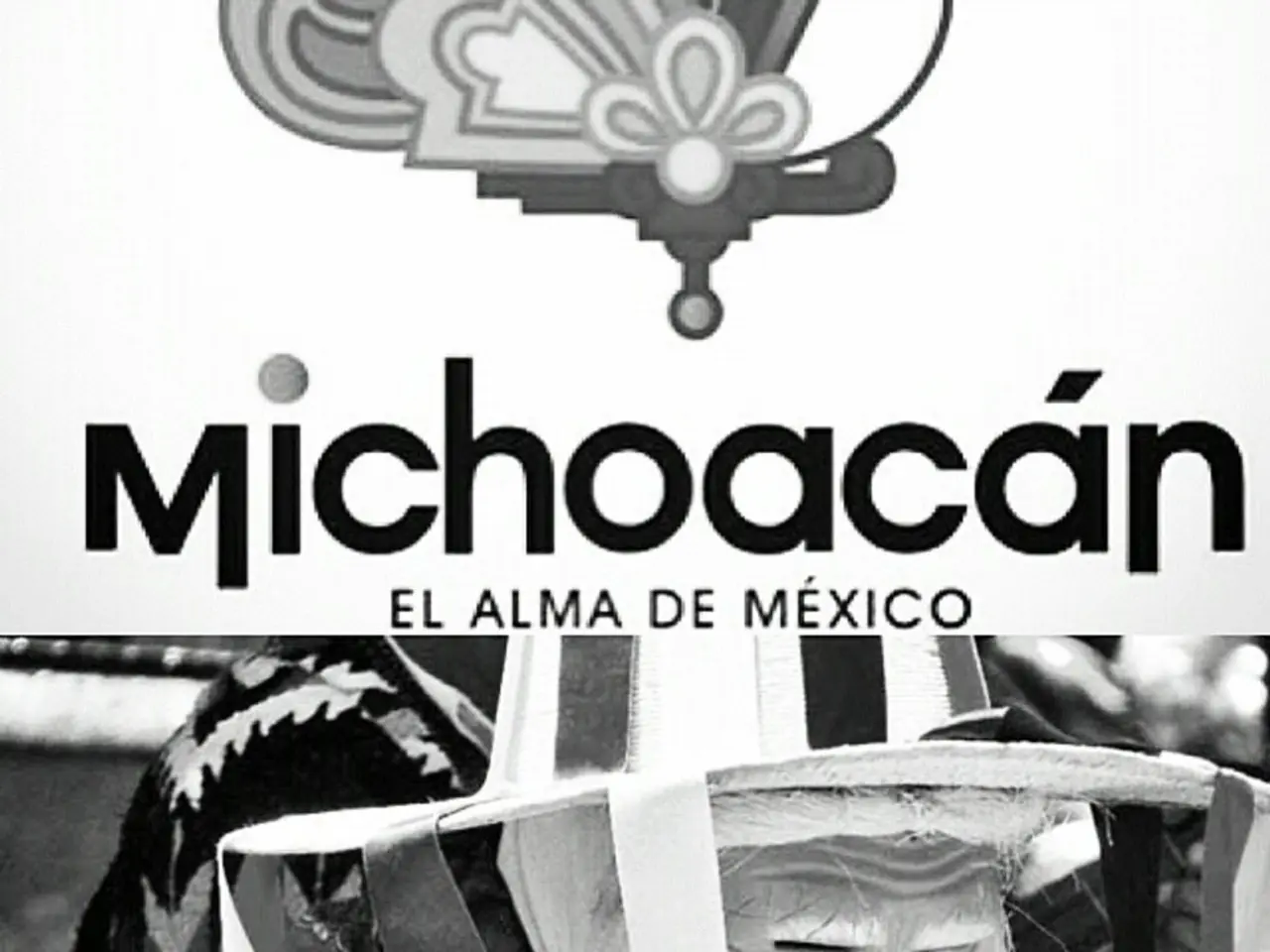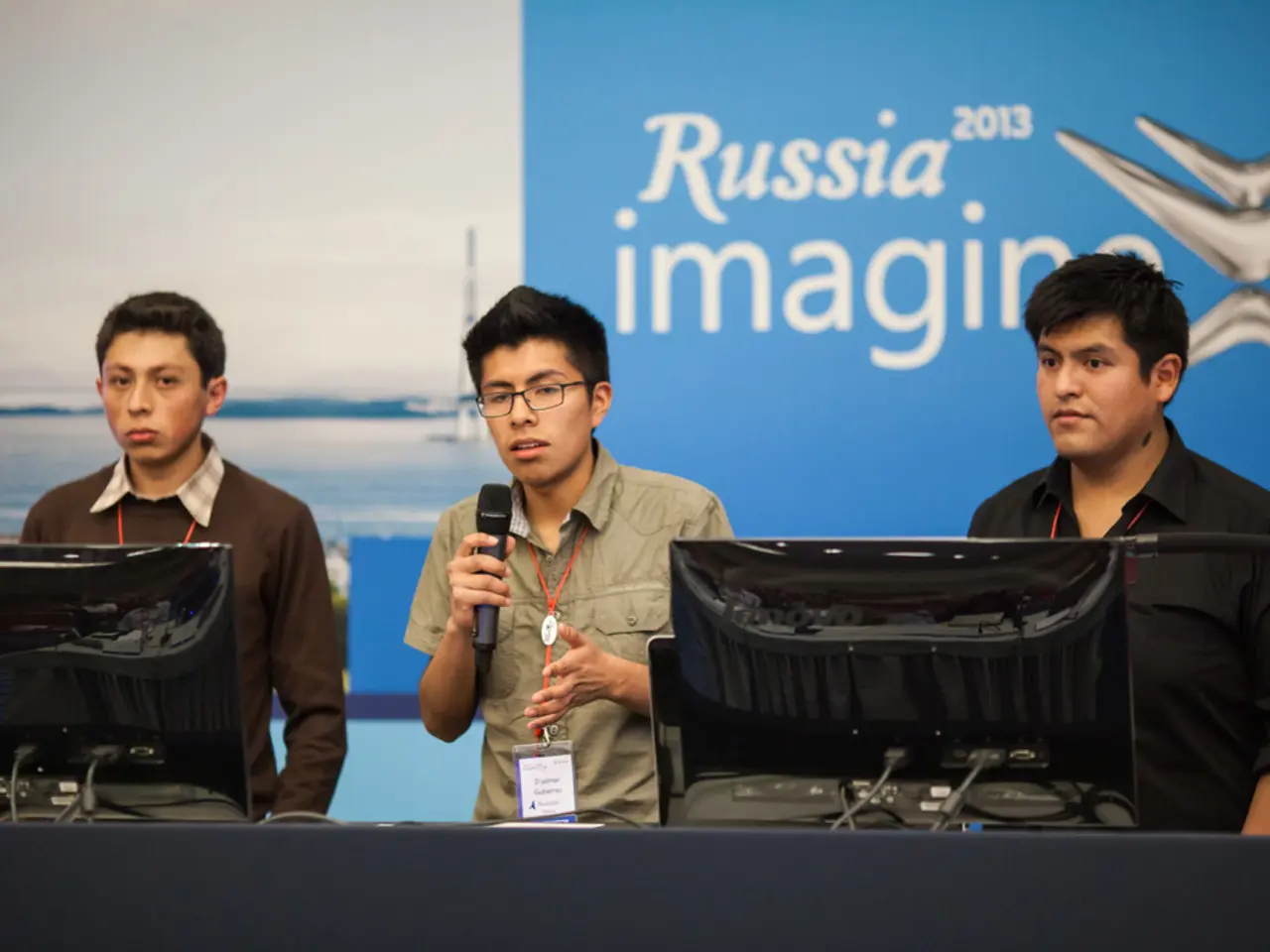Unapologetic Take: Is the Progress of Pride Parades Pushing Backlash?
Are CSD parades excessively broad in their current format?
It's June again, and you know what that means - LGBTQ+ Pride month and the annual Christopher Street Day (CSD) parades in Germany. But this year, things might not be quite the same. For the first time, the rainbow flag will fly on top of the Reichstag building during the CSD. However, right-wing extremists have vowed to disrupt these celebrations of diversity and equality. Is society's progress toward inclusivity provoking a reactionary response?
Long gone are the days when CSD parades were just about commemorating the first known uprising of queer minorities against police brutality in New York's Christopher Street. They have since become an integral part of Germany's social and political calendar. Hoisting the rainbow flag on the Reichstag building in previous years was a clear statement: for diversity, self-determination, and an open society. But this year, it seems the Bundestag is hesitant to take that stance.
Politics: Where's the Support for Queer People? According to Bundestag President Julia Klöckner, the Bundestag will not fly the rainbow flag on July 26, the day of the Berlin CSD parade. Instead, the Pride flag was hoisted on May 17 alongside the federal and European flags. Klöckner's spokesperson explains that a "political statement has already been made." Critics, however, see this as a terrible signal and plead for more support. The parade in Regensburg, for example, has been shortened due to an "abstract threat situation." Despite a lack of concrete evidence, police say "full protection cannot be guaranteed at all times and everywhere."
"The increasing queer-hostility is forcing us to take extra protective measures," says Alexander Irmisch, a co-organizer of the CSD in Regensburg. In this unsettling context, the CSD community needs political solidarity more than ever. "It's also about signals and symbols."
Caving into Right-Wing Tendencies? Another symbol in recent years, besides hoisting the rainbow flag, was the participation of the queer rainbow network of the Bundestag administration in the CSD. But that's nowhere to be seen this year, thanks to the newly appointed director of the Bundestag, Paul Göttke. He prohibited the participation, citing the "mandatory neutrality duty."
Verdi boss Frank Werneke describes the move as "caving in to right-wing tendencies" and calls on the leadership to reverse the "de facto demonstration ban." Even the federal queer commissioner, Sophie Koch, expressed her disapproval. "If the participation of such employee networks is prohibited or made difficult, I consider that a wrong and unnecessary signal - especially now," she said.
Political Failure on All Fronts The decisions of the Bundestag leadership have come at a time when queer people are facing an increasingly hostile environment. Last year, 1765 cases of violence against queer individuals were reported, a 18% increase compared to 2023. Over the weekend, hooded individuals attacked a diversity festival in Brandenburg with sledgehammers and wooden planks, causing injuries.
Right-wing extremists have even planned a counter-demonstration to the Pride parade in Berlin's Marzahn-Hellersdorf district. Some have even threatened violence, forcing organizers to file complaints.
A Different Approach CDU politicians Karin Prien and Kai Wegner, however, have taken a different approach. They will participate in the CSD parade in Berlin, stating, "Our ministry will also be represented again this year with its own float." Such representation is "an important sign of recognition and respect for the diversity in our society."
Berlin's governing mayor has also announced his participation in the CSD. "Berlin is the city of diversity and tolerance," said Senate spokeswoman Christine Richter. The rainbow flag will fly in Berlin on July 26, "also at the Red City Hall, in the presence of the governing mayor."
Sources: ntv.de
- LGBTQIA+ Rights
- Hate Crimes
- Right-Wing Extremism
- CDU
- German Bundestag
- Homophobia
- Neo-Nazism
Enrichment Data:There is a worrying trend of increasing right-wing extremist violence and extremism targeting Pride events in Germany. In 2023, approximately 700 far-right extremists violently disrupted the CSD parade in Bautzen, forcing the final rally to be stopped. This incident is a part of a broader trend of rising far-right violence and extremism that is becoming increasingly youth-oriented in Germany.
The political mainstreaming of far-right extremism is evident in the growth of the Alternative for Germany (AfD) party. In the 2024 Thuringian state election, AfD became the first far-right party since the Nazi era to win a plurality of seats in a German state parliament. The Federal Office for the Protection of the Constitution (BfV) officially classified the AfD as a "confirmed right-wing extremist endeavor" in May 2025, describing it as a racist and anti-Muslim organization. This classification allows the authorities to monitor the party closely and could potentially lead to restrictions on public funding or even attempts to ban the party.
In response, the federal government and several states are implementing measures aimed at restricting AfD influence. These measures include considering bans on AfD members holding civil service jobs, including positions in the police, teaching, or military sectors. There is significant public concern about the rise of the far-right and the violence it incites. Polls indicate that approximately half of Germans favor banning the party, and a majority view it as extremist. The political leadership is navigating a delicate balance between maintaining public security and upholding democratic norms.
- The increasing number of Pride parades, such as the Christopher Street Day (CSD), has led to a rise in right-wing extremist backlash in EC countries, including Germany.
- The Bundestag's decision to not fly the rainbow flag on July 26, the day of the Berlin CSD parade, is viewed as a terrible signal and a lack of support for the LGBTQ+ community by critics.
- The co-organizer of the CSD in Regensburg, Alexander Irmisch, states that the increasing hostility towards the queer community is forcing them to take extra protective measures during Pride events.
- The prohibition of the queer rainbow network of the Bundestag administration's participation in the CSD by the newly appointed director, Paul Göttke, has been criticized as caving in to right-wing tendencies by Verdi boss Frank Werneke.
- Right-wing extremists have planned counter-demonstrations and even threatened violence at Pride parades in Germany, leading to concern about the rising extremism and hostile environment facing the LGBTQ+ community.






